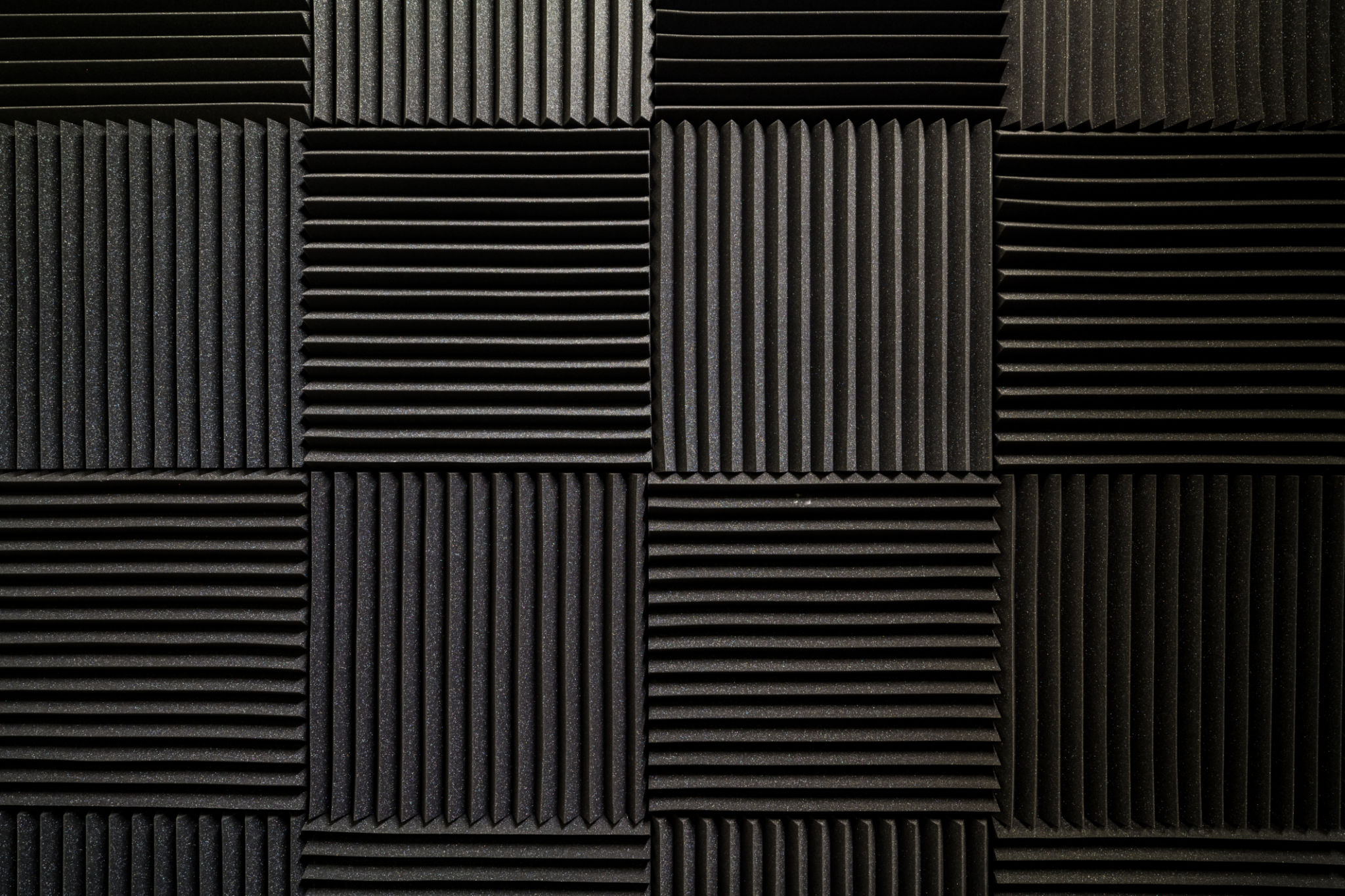Using AI in Music Production: A New Frontier
Introduction to AI in Music Production
The music industry has always been at the forefront of technological advancements, and the integration of Artificial Intelligence (AI) is no exception. From automating complex processes to creating entirely new sounds, AI is revolutionizing the way music is produced, mixed, and consumed. As we delve into this new frontier, it's essential to understand how AI is shaping the future of music production.
AI in music production is not just about computer-generated tracks; it's about enhancing creativity and streamlining workflows. With AI tools becoming more accessible, musicians and producers can now experiment with new sounds and compositions that were previously unimaginable.

The Role of AI in Composition
One of the most exciting applications of AI in music production is its ability to assist in the composition process. AI algorithms can analyze patterns in existing music and create new compositions in a similar style. This technology allows artists to explore different genres and styles without having to master them technically.
For example, AI can generate chord progressions, melodies, and even lyrics, providing a foundation for artists to build upon. This capability not only saves time but also opens up endless possibilities for creative exploration.
Enhancing Creativity with AI
AI tools are designed to complement human creativity rather than replace it. By automating repetitive tasks, musicians can focus more on the creative aspects of production. AI can suggest variations, harmonies, and even suggest instrumentations that might not have been considered otherwise.

AI in Mixing and Mastering
Mixing and mastering are crucial stages in music production that require precision and expertise. AI-powered tools are now capable of analyzing tracks and making adjustments to equalization, compression, and other effects to achieve a balanced and polished sound.
These tools use machine learning to learn from a vast array of music styles and genres, allowing them to make intelligent decisions during the mixing process. This not only speeds up the production timeline but also ensures a high-quality output that meets industry standards.
Accessibility and Affordability
One of the significant advantages of AI in music production is its ability to democratize access to high-quality production tools. Previously, achieving professional-grade sound required expensive equipment and years of experience. With AI-driven software, even independent artists can produce top-tier music without breaking the bank.

The Future of AI in Music
The integration of AI in music production is still in its early stages, but its potential is vast. As technology continues to evolve, we can expect even more sophisticated tools that will further enhance the creative process and redefine the boundaries of what's possible in music.
Ultimately, AI's role in music production is not to overshadow human talent but to empower it. By embracing these innovations, artists and producers can push the boundaries of creativity and explore new musical landscapes.
Conclusion
As we stand on the brink of this new frontier, it's clear that AI will play a crucial role in shaping the future of music production. By leveraging the power of AI, artists can unlock new levels of creativity and efficiency, ensuring that their work resonates with audiences worldwide.
The journey into the world of AI-driven music production is just beginning, and it's an exciting time for both creators and listeners alike. Embracing this technology will undoubtedly lead to groundbreaking discoveries in sound and composition.